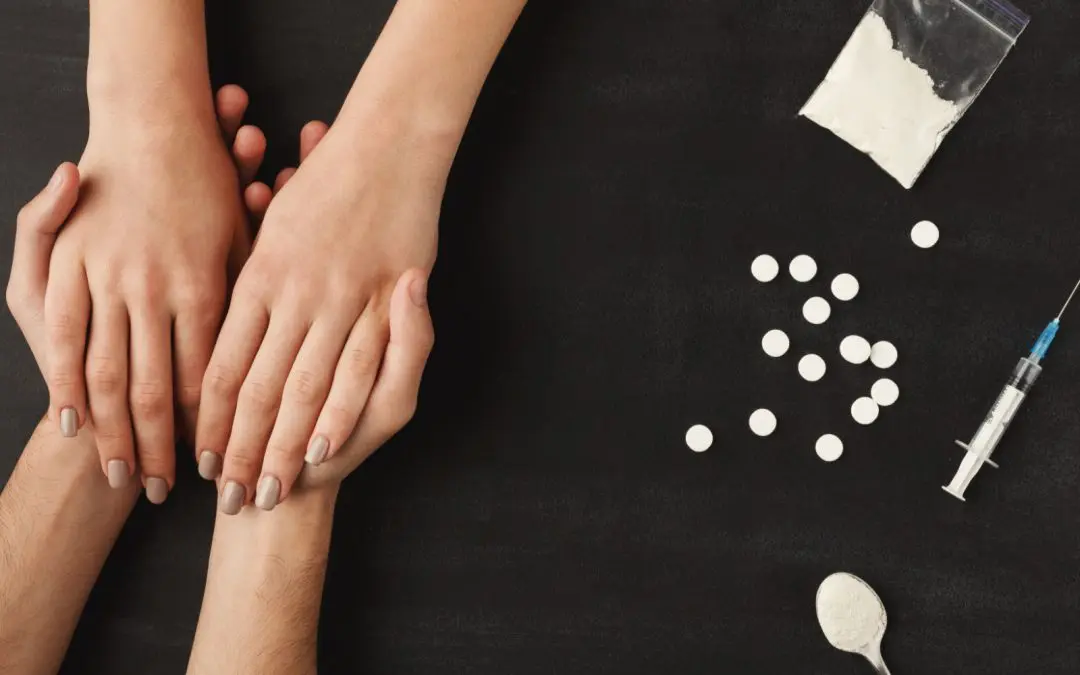24/7 Helpline:
(866) 899-111424/7 Helpline:
(866) 899-1114
Learn more about Outpatient Rehab centers in Morristown
Outpatient Rehab in Other Cities

Other Insurance Options

Self-pay options

ComPsych

Kaiser Permanente

BlueCross

Evernorth

PHCS Network

Access to Recovery (ATR) Voucher

WellPoint

Coventry Health Care

CareSource

Ambetter

Horizon Healthcare Service

Group Health Incorporated

Optum

Private insurance

UMR

Sliding scale payment assistance

Choice Care Network

Sutter

BlueShield















